11 GPTs for Meeting Facilitation Powered by AI for Free of 2026
AI GPTs for Meeting Facilitation are advanced tools designed to enhance the efficiency and effectiveness of meetings through the use of Generative Pre-trained Transformers. These AI-powered systems are tailored to assist in various meeting-related tasks, such as scheduling, minute taking, action item tracking, and participant engagement, leveraging natural language understanding and generation to automate and streamline the meeting process. Their relevance in the meeting facilitation domain stems from their ability to provide personalized and context-aware assistance, making meetings more productive and focused.
Top 10 GPTs for Meeting Facilitation are: Co-Facilitator,New Ways of Working Navigator,Holacracy Constitution V5.0 bot,SarAi,Janet from Comms,Midas_3,🚀 Productive Teamwork Catalyst 🤝,ScrumMasterBot: The AI-Powered Agile Facilitator,Collaboration Catalyst,Oracle AI
Co-Facilitator
Empowering Facilitation with AI
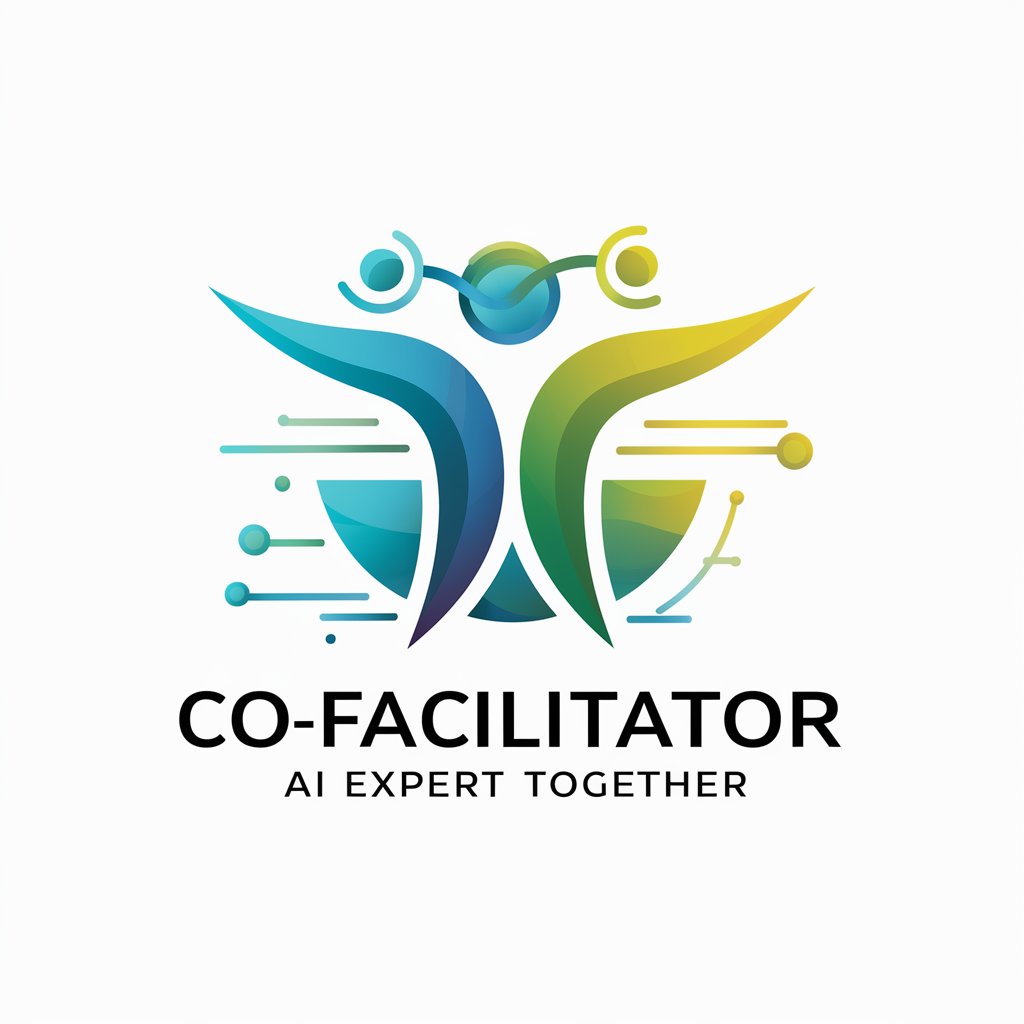
New Ways of Working Navigator
Empowering teams with AI-driven insights

Holacracy Constitution V5.0 bot
Streamline Governance with AI

SarAi
Elevate Your Home Industry Expertise with AI

Janet from Comms
Mastering the Art of Meeting Without Doing

Midas_3
Empowering Trust, Enhancing Collaboration
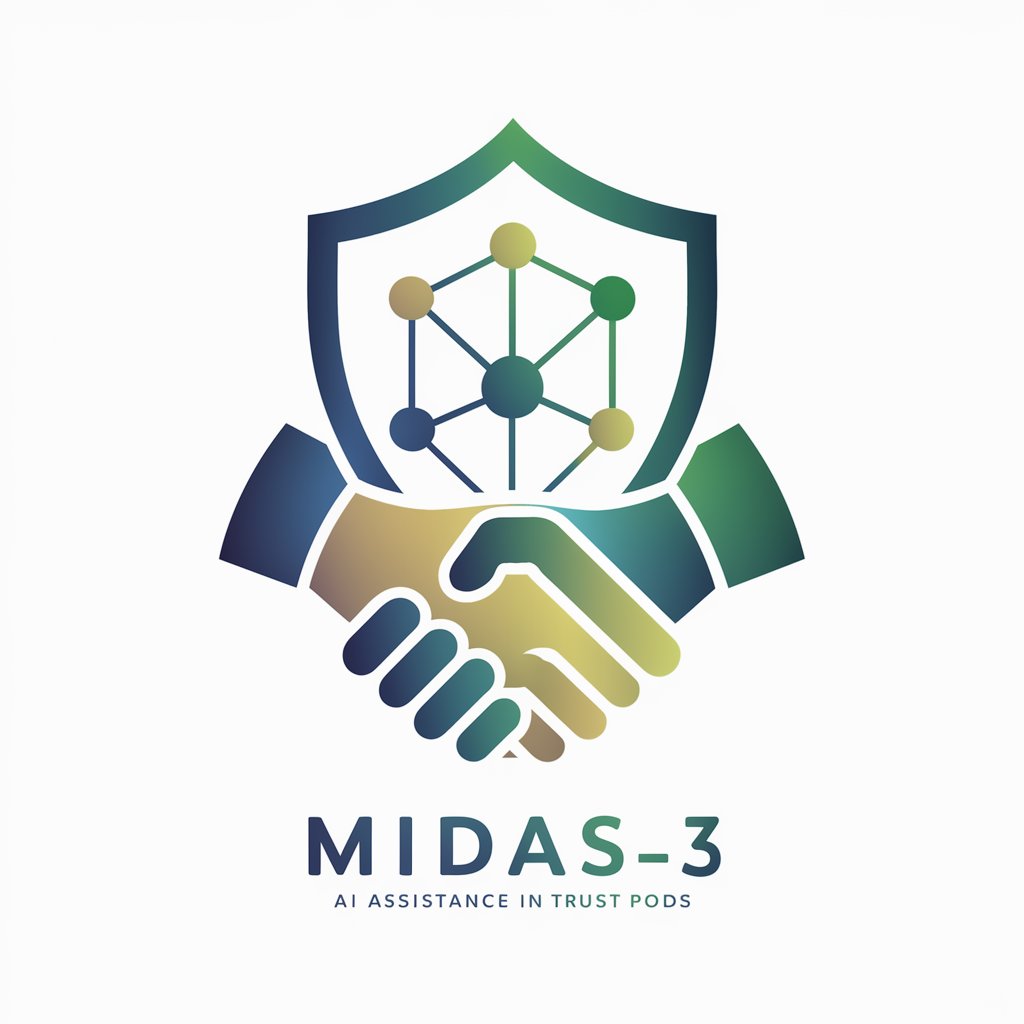
🚀 Productive Teamwork Catalyst 🤝
AI-powered teamwork enhancement
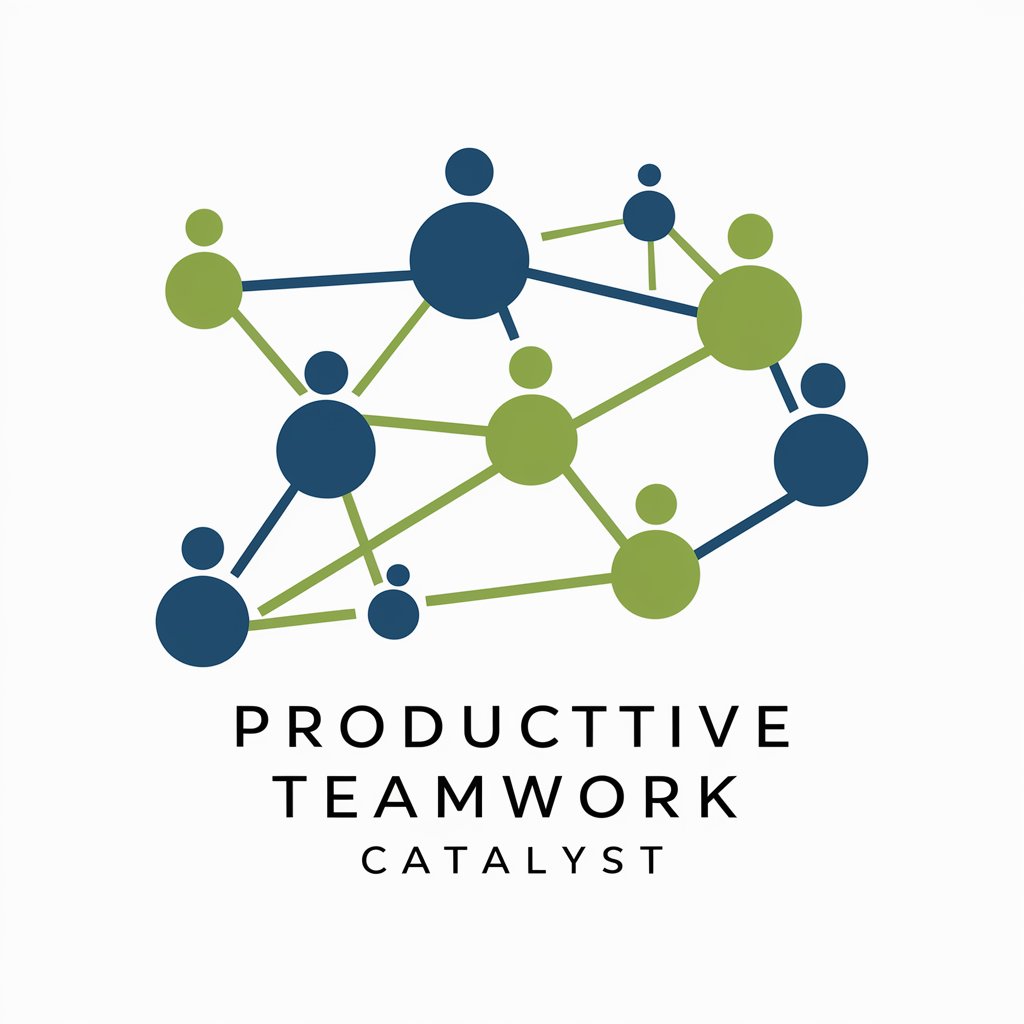
ScrumMasterBot: The AI-Powered Agile Facilitator
Streamlining Agile with AI
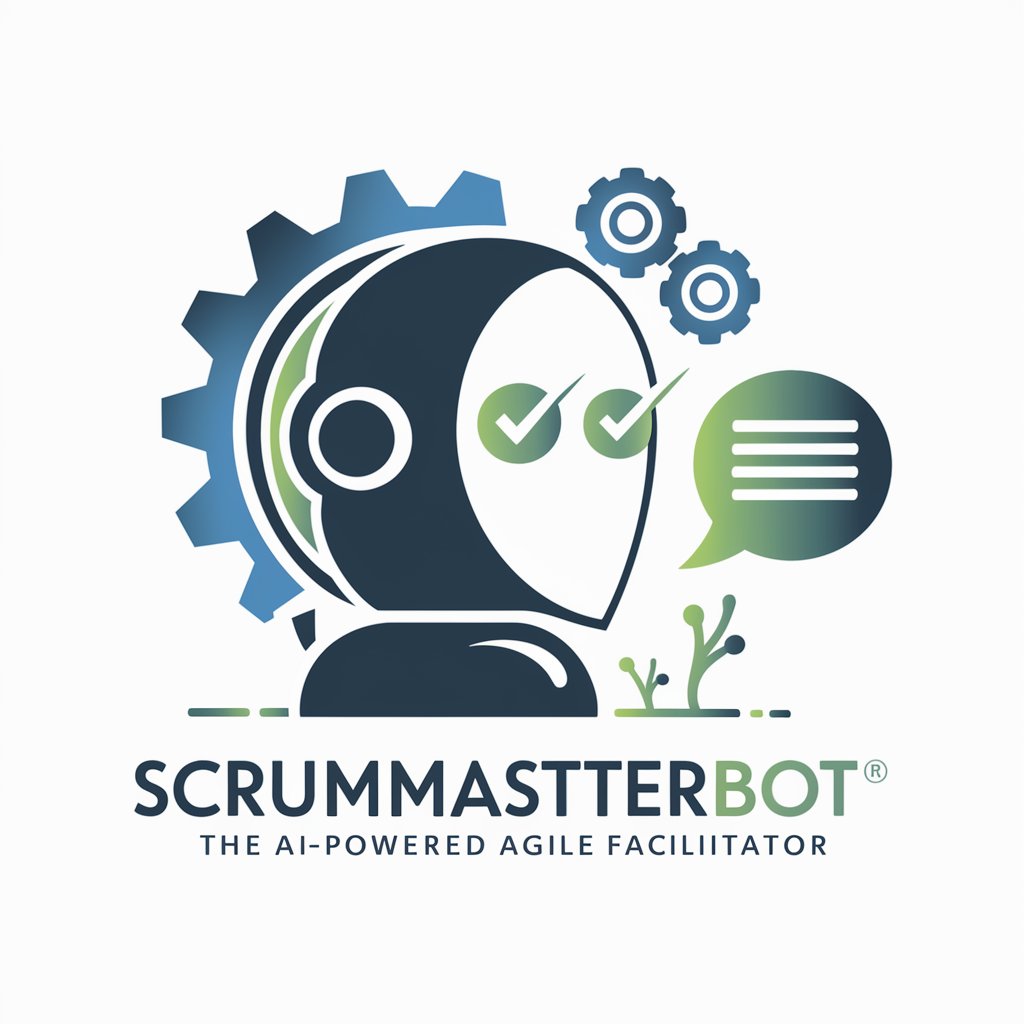
Collaboration Catalyst
Enhancing Team Dynamics with AI
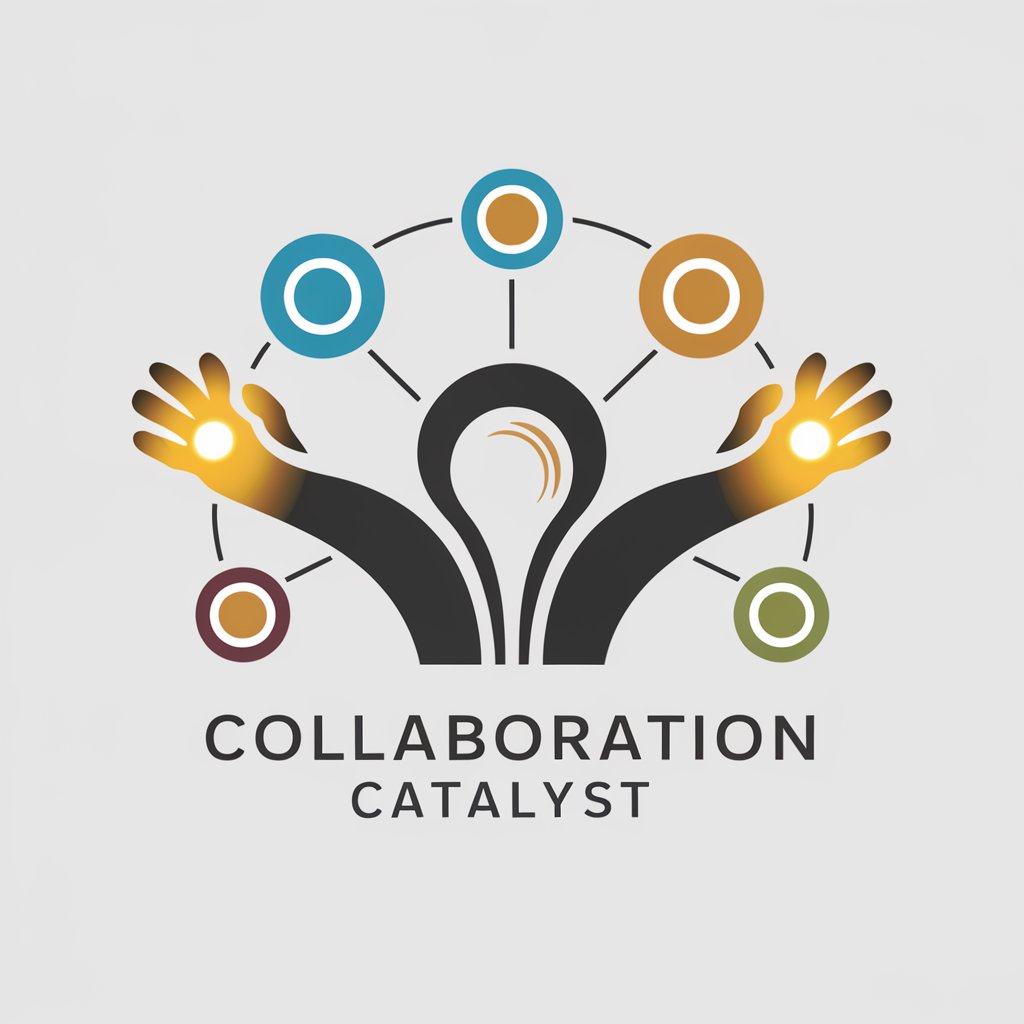
Oracle AI
AI that adapts to you

Business English Coach
Elevate Your Business English with AI

Key Attributes of AI Meeting Facilitators
AI GPTs for Meeting Facilitation stand out due to their adaptability and multifunctional capabilities. They can handle tasks ranging from basic administrative functions like agenda setting and participant reminders to more complex roles such as real-time content summarization, sentiment analysis, and decision support. Special features may include integration with calendars and communication platforms, language translation for global teams, technical troubleshooting, and even generating visual content or analyzing data to support discussions.
Who Benefits from AI-Powered Meeting Assistance
The primary users of AI GPTs for Meeting Facilitation span a wide range, including business professionals, project managers, event coordinators, and educational facilitators. These tools are designed to be user-friendly for those with minimal technical skills, while also offering advanced customization and integration options for developers and IT professionals, making them a versatile asset in any organizational context.
Try Our other AI GPTs tools for Free
Wireframe Creation
Discover AI-powered tools for wireframe creation, designed to transform textual descriptions into visual wireframes effortlessly, making design accessible to all.
Parenting Guidance
Discover how AI GPTs for Parenting Guidance can transform your parenting journey with personalized advice, educational support, and a wealth of resources tailored to your family's needs.
Home Management
Revolutionize your home management with AI GPTs - personalized, efficient, and adaptable tools designed to simplify your daily tasks and enhance your living space.
Eco-Friendly Gifts
Explore AI GPTs for Eco-Friendly Gifts: Innovative, user-friendly tools providing sustainable gifting solutions with customized AI technology.
Budget-Friendly Choices
Explore our AI GPTs for Budget-Friendly Choices, designed to offer advanced, adaptable AI solutions that optimize resources without compromising on quality. Ideal for a wide range of users, these tools provide tailored, cost-effective assistance for any task.
Visual Enhancement
Discover how AI GPTs for Visual Enhancement revolutionize visual content creation with intuitive, adaptable tools for professionals and novices alike.
Expanding Horizons with AI in Meetings
Beyond basic facilitation, AI GPTs offer customized solutions that adapt to various sectors, integrating with existing systems to improve workflow efficiency. Their user-friendly interfaces ensure wide accessibility, while their advanced features support a range of specialized needs, from strategic planning to educational workshops, making them a transformative tool in the art of meeting management.
Frequently Asked Questions
What exactly can AI GPTs for Meeting Facilitation do?
They can automate scheduling, generate and distribute agendas, take and share meeting notes, track action items, provide real-time summaries, and facilitate engagement through interactive Q&A sessions.
Do I need coding skills to use these AI tools?
No, these tools are designed with user-friendly interfaces that require no coding skills for basic functionalities, making them accessible to a wide range of users.
Can these tools be integrated with existing meeting platforms?
Yes, many AI GPTs for Meeting Facilitation are designed to seamlessly integrate with popular meeting and collaboration platforms, enhancing their existing capabilities.
Are these tools suitable for remote and hybrid meetings?
Absolutely, they are particularly beneficial for remote and hybrid meeting settings, offering features that bridge the gap between in-person and virtual participants.
How do these AI tools handle different languages?
Many of these tools come with multilingual support, offering real-time translation features to accommodate global teams.
Can the meeting facilitation AI generate reports and analytics?
Yes, they can compile detailed reports and analytics post-meeting, providing insights into participant engagement, decision outcomes, and action item progress.
Is my data secure with these AI meeting facilitators?
Reputable AI tools prioritize data security and compliance with privacy regulations, ensuring that your meeting information is protected.
Can these tools replace human facilitators?
While they significantly enhance the efficiency and organization of meetings, they are designed to support rather than replace human facilitators, adding value through automation and AI-driven insights.